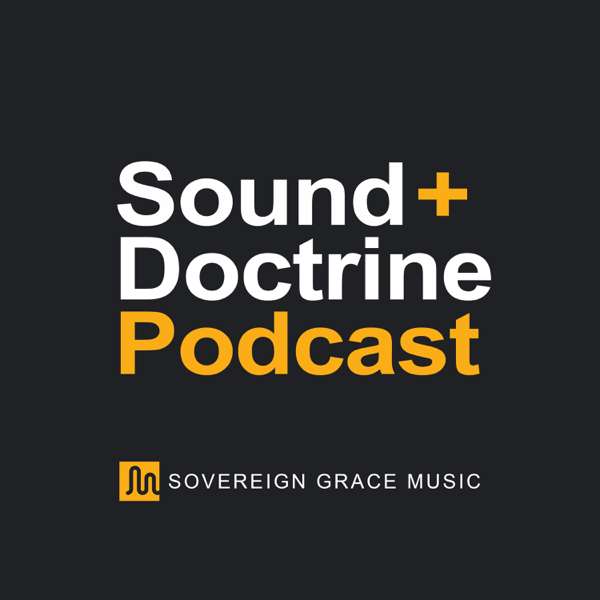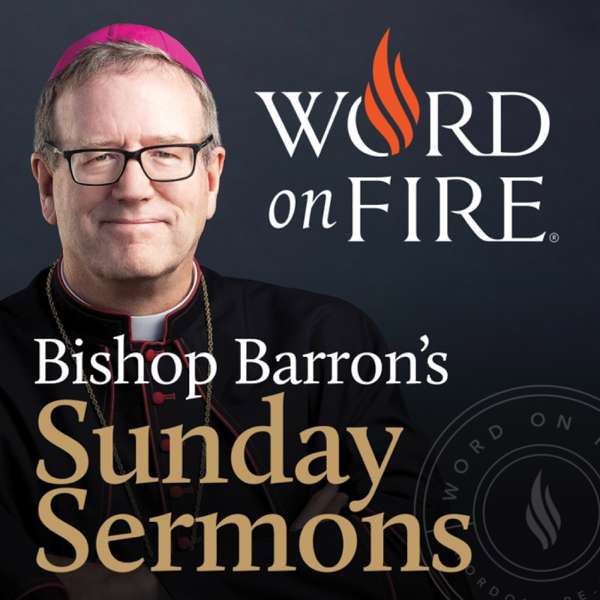Since becoming pope, Leo XIV has reminded us that the Catholic Church “offers to everyone the treasury of her social teaching.” That tradition is especially salient now, amid the rise of Christian nationalism and of alternative interpretations of Catholicism among some high-profile politicians in the United States.
As we confront the political, social, and spiritual challenges brought on by the second Trump administration, the moment seems right for a clear examination of Catholic social teaching by leading scholarly voices deeply rooted in the Catholic intellectual tradition, especially its ethics, political philosophy, and theology.
In this special four-episode series, a collaboration between Commonweal and senior members of the theology departments at Fordham University and Loyola University Chicago, we present four conversations, each providing a provocative, informative analysis of key political and social issues rooted in the understanding of Catholic social teaching.
We’re calling it ‘The Counterweight: Reclaiming Catholic Social Teaching in a Time of Crisis.’
Our participants are Christina Traina and Bryan Massingale of Fordham University, and Hille Haker and Miguel Diaz of Loyola University Chicago. Each episode will have a featured presenter, followed by a conversation among all the participants.
Today’s episode, our first, takes up the purpose of government, an especially urgent topic given the radical departure from the principles and conventions of liberal democracy by the Trump administration. Fordham’s Christina Traina is here to explain how that departure is also a departure from Catholic social teaching’s more expansive and communal understanding of government—not just as a guarantor of rights, but a steward of the common good.

 Our TOPPODCAST Picks
Our TOPPODCAST Picks  Stay Connected
Stay Connected







